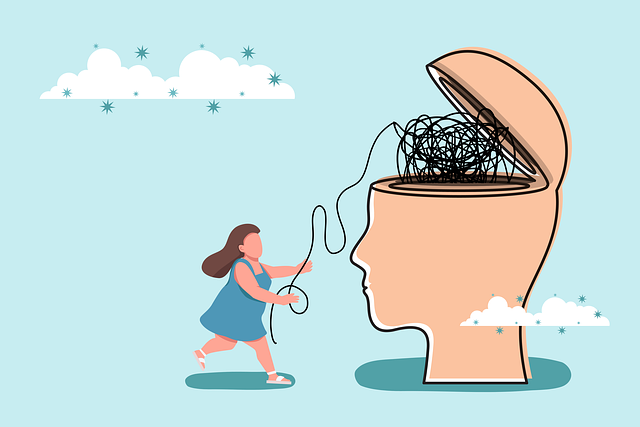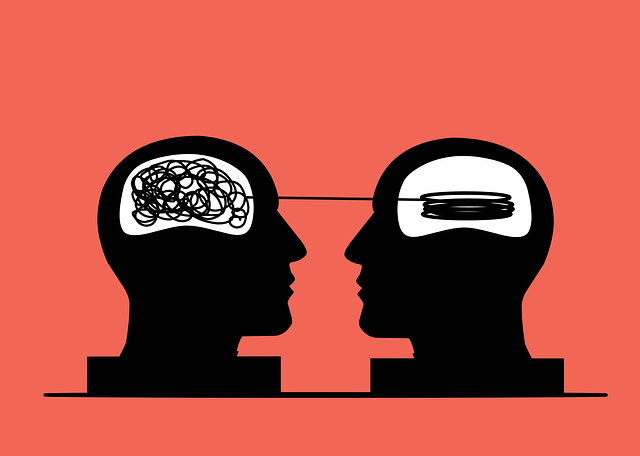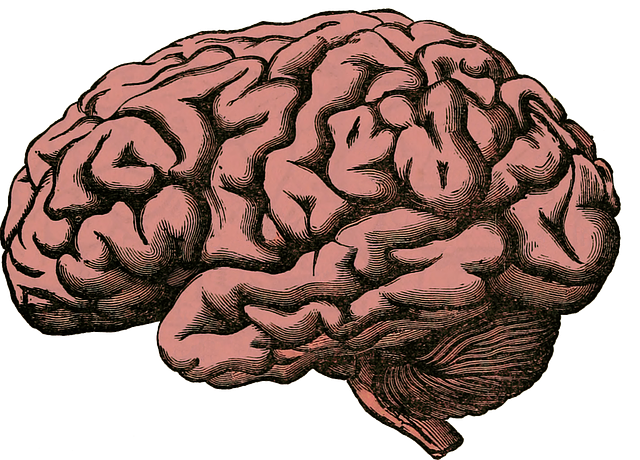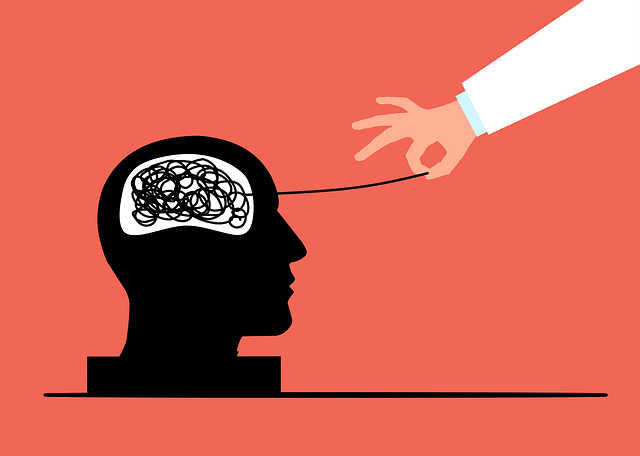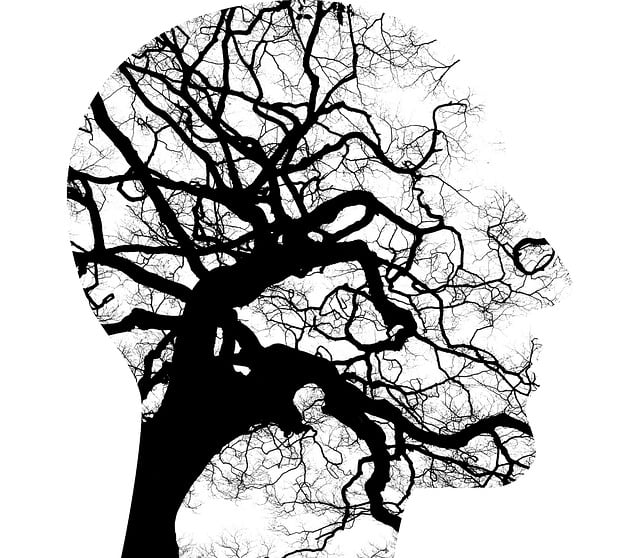Understanding mental illness diagnoses is crucial for effective treatment planning. Boulder Cognitive Behavioral Therapy (CBT), an evidence-based approach, targets various psychological disorders by modifying negative thought patterns and behaviors through talk therapy and structured techniques. This method aids in treating depression, anxiety, and trauma, improving overall well-being. Navigating mental health options requires professional guidance to find personalized treatments, with support from community outreach programs like journaling exercises and emotional intelligence initiatives for healthcare providers. Self-care practices, including sleep, activity, mindfulness, and connections, complement CBT for holistic mental health recovery.
Mental illness diagnoses can be complex, but navigating treatment doesn’t have to be. This comprehensive guide breaks down the process step by step. We explore essential aspects of understanding mental health conditions and their diagnoses, highlighting the effectiveness of Boulder Cognitive Behavioral Therapy (Boulder CBT) as a proven treatment approach. Learn how to navigate treatment options, build a supportive network, and implement self-care strategies for optimal mental well-being.
- Understanding Mental Illness Diagnoses: A Comprehensive Overview
- The Role of Cognitive Behavioral Therapy (Boulder CBT) in Treatment
- Navigating Treatment Options and Finding the Right Fit
- Building a Supportive Network for Recovery
- Self-Care Strategies for Effective Mental Health Management
Understanding Mental Illness Diagnoses: A Comprehensive Overview

Understanding Mental Illness Diagnoses: A Comprehensive Overview
In today’s world, mental health awareness has grown significantly, yet many individuals still face challenges in navigating the complex landscape of mental illness diagnoses. Mental illness is a broad term encompassing various disorders affecting one’s mood, behavior, thoughts, and feelings. Receiving an accurate diagnosis is crucial for effective treatment planning. This process involves a thorough evaluation by qualified healthcare professionals, such as those offering Boulder Cognitive Behavioral Therapy (CBT) services. CBT is a well-established therapeutic approach known for its effectiveness in treating a range of mental health conditions.
The journey towards diagnosis begins with recognizing symptoms and seeking professional help. Mental wellness experts employ various assessment tools, including clinical interviews and psychological tests, to gain insights into an individual’s emotional healing processes. This comprehensive evaluation ensures that the diagnosis aligns with the unique experiences and needs of each person. Additionally, resources like the Mental Wellness Podcast Series Production can offer valuable guidance, while Compassion Cultivation Practices have been shown to foster resilience and well-being during this often challenging period.
The Role of Cognitive Behavioral Therapy (Boulder CBT) in Treatment

Cognitive Behavioral Therapy (Boulder CBT) plays a pivotal role in modern mental health treatment plans, offering effective strategies for managing and overcoming various psychological disorders. This evidence-based approach focuses on identifying and modifying negative thought patterns and behaviors that contribute to mental illness. Boulder CBT aims to empower individuals by providing them with tools to challenge distorted perceptions, reduce symptoms of anxiety and depression, and improve overall well-being.
By combining talk therapy with structured techniques, Boulder CBT facilitates the development of resilience and stress management skills. It offers a safe space for individuals to explore their thoughts and emotions, helping them understand the connection between their feelings, beliefs, and actions. This process is particularly beneficial in addressing trauma support services, as it enables people to work through past traumas, build coping mechanisms, and foster personal growth. Through regular practice, individuals can enhance their ability to navigate life’s challenges with increased resilience.
Navigating Treatment Options and Finding the Right Fit

Navigating treatment options for mental health conditions can be an overwhelming task. With various therapeutic approaches available, such as Boulder Cognitive Behavioral Therapy (BCBT), individuals often wonder which method aligns best with their needs. BCBT, known for its effectiveness in treating depression and anxiety, focuses on identifying and changing negative thought patterns. It empowers patients to manage symptoms through coping strategies and problem-solving skills. However, other therapeutic modalities like mindfulness practices or family therapy might be more suitable for different mental health concerns, including stress reduction methods and depression prevention.
Finding the right fit involves a combination of self-reflection and professional guidance. It’s crucial to consider personal preferences, previous experiences, and the unique aspects of one’s mental illness. Many factors influence treatment selection, including the severity of symptoms, co-occurring disorders, and individual goals. Mental health professionals play a vital role in assisting individuals through this process, offering expertise in various treatments and helping to dispel the stigma associated with seeking help. By exploring different options, individuals can discover personalized approaches that support their long-term well-being and foster resilience.
Building a Supportive Network for Recovery

Building a robust support network is a cornerstone of any successful recovery journey. In Boulder, cognitive behavioral therapy (CBT) has been instrumental in empowering individuals to navigate their mental health challenges. CBT techniques encourage clients to identify and change negative thought patterns and behaviors, fostering resilience and self-sufficiency. Beyond therapy sessions, community outreach program implementations play a vital role in extending support. These initiatives bring like-minded individuals together, offering peer-to-peer guidance and shared experiences.
One effective strategy within this network is mental wellness journaling exercises. Journaling provides an opportunity for introspection and self-awareness, allowing individuals to track their progress, process emotions, and develop coping mechanisms. By integrating conflict resolution techniques into these support systems, members can navigate interpersonal challenges with greater ease, promoting a healthier environment conducive to recovery.
Self-Care Strategies for Effective Mental Health Management

In addition to professional therapy, such as Boulder Cognitive Behavioral Therapy, self-care strategies play a pivotal role in effective mental health management. These include maintaining consistent sleep patterns, engaging in regular physical activity, and practicing mindfulness or meditation techniques to reduce stress levels. Incorporating healthy eating habits into your routine can also significantly impact emotional well-being. Taking breaks throughout the day to relax or connect with loved ones fosters resilience against mental health challenges.
Community outreach programs implementation and initiatives focused on emotional intelligence can further enhance self-care practices. By fostering a supportive network, individuals struggling with mental health issues can feel less isolated. Moreover, burnout prevention strategies for healthcare providers are essential in ensuring those offering mental health services maintain their own well-being, thereby improving the quality of care they provide.
Mental illness diagnosis and treatment can be complex, but with the right navigation assistance, recovery is within reach. By understanding various diagnostic methods, exploring evidence-based treatments like Boulder Cognitive Behavioral Therapy (Boulder CBT), and building a strong support network, individuals can find tailored solutions for their mental health needs. Incorporating self-care strategies further enhances the journey towards well-being. Remember, with knowledge, support, and the right therapy—such as Boulder CBT—navigating mental health care becomes a path to improved quality of life.
